when
country
Nepal
Subject
HIV and STIs
Related Member Association
Family Planning Association of Nepal

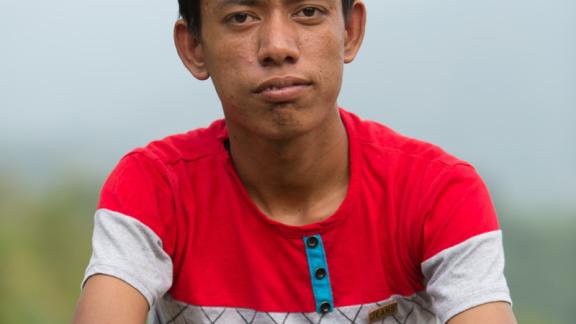
Resource
Compared to many developing countries, HIV prevalence in Nepal is low. Yet there are deep and complex problems around HIV. Stigma remains a huge problem.
Compared to many developing countries, HIV prevalence in Nepal is low. Yet there are deep and complex problems around HIV. Stigma remains a huge problem. People living with HIV say they have faced enormous discrimination, including being ostracized by their communities, bullied at school and work, and exposed to insults and even violence.
HIV services and support are central to the work of the Family Planning Association of Nepal (FPAN). Its staff and volunteers run services around the country, providing HIV counselling, education on prevention and treatment, and community home-based care services. People living with HIV are at the forefront of this work: FPAN employs thousands of community home-based care mobilisers who are themselves HIV-positive, meaning they are able to provide people with clear, sensitive and empathetic support that draws on their own experiences.
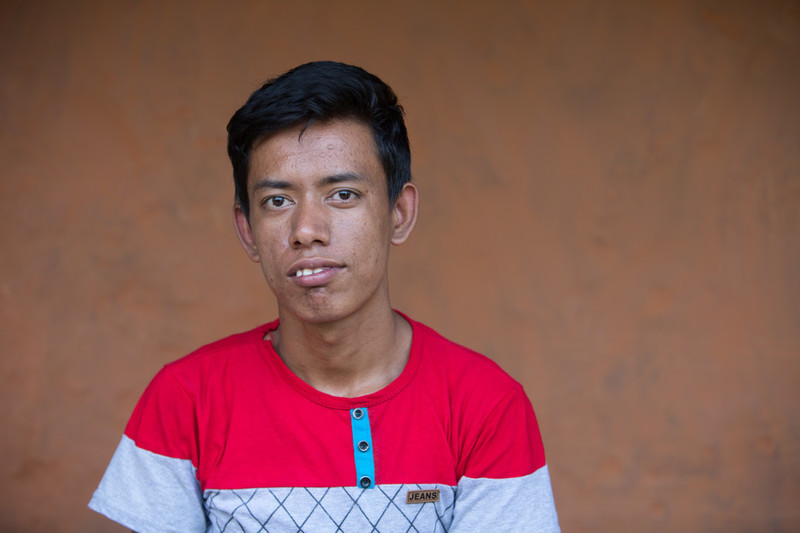
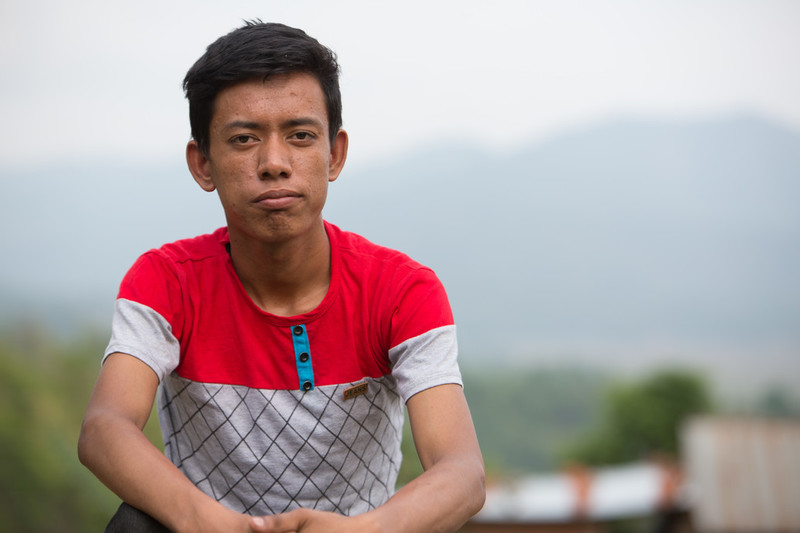
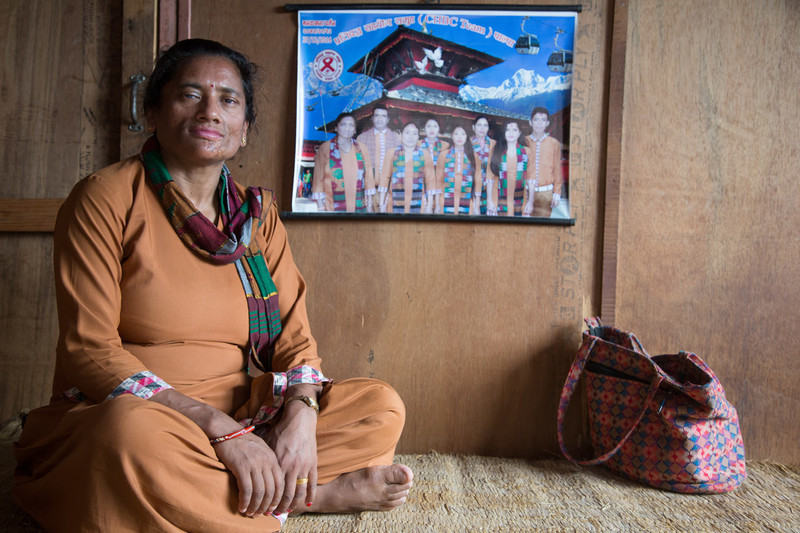
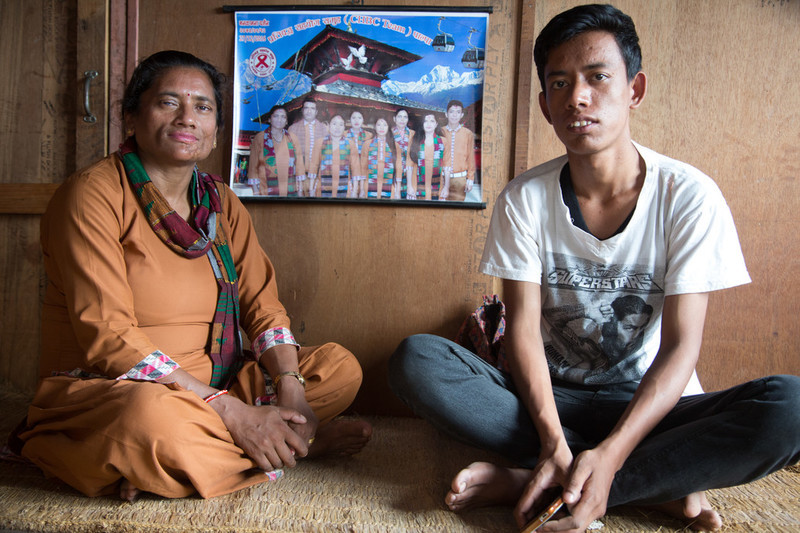
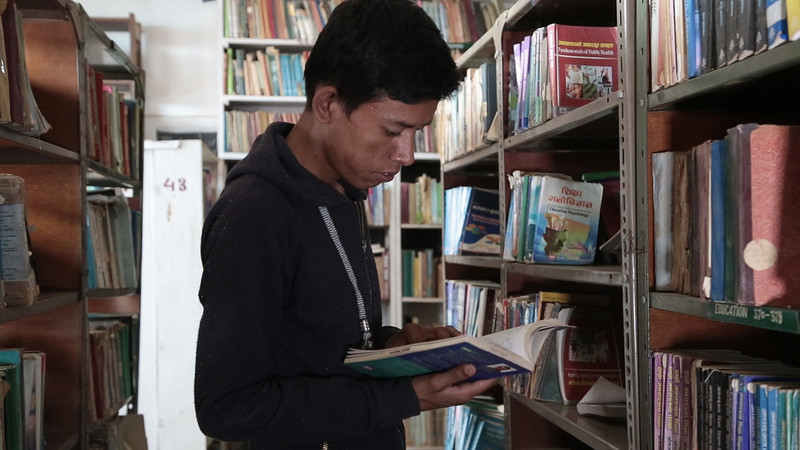
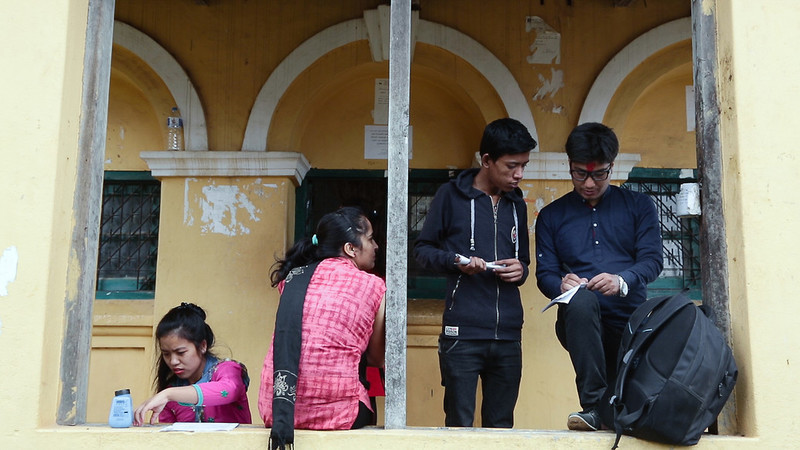
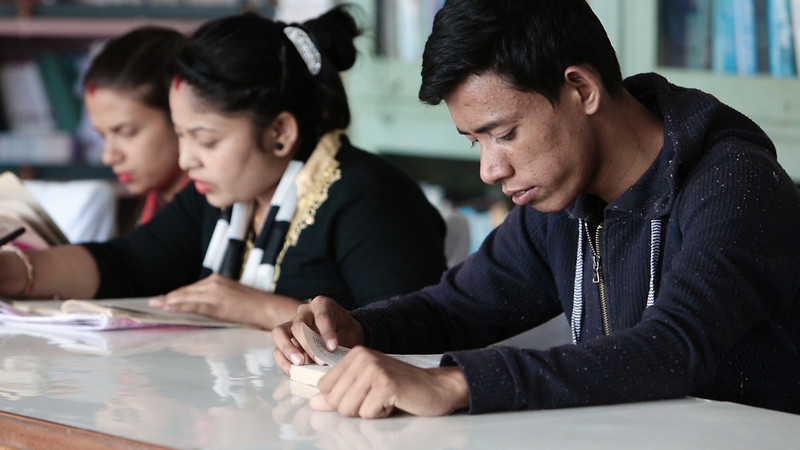
when
country
Nepal
Subject
HIV and STIs
Related Member Association
Family Planning Association of Nepal
Nepal
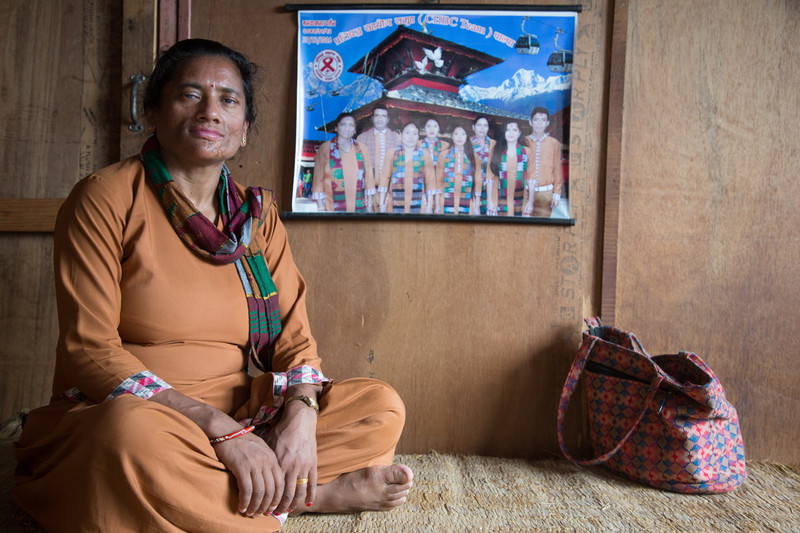
After being diagnosed with HIV, Lakshmi received training and information on HIV and has since dedicated her life to supporting people with HIV.